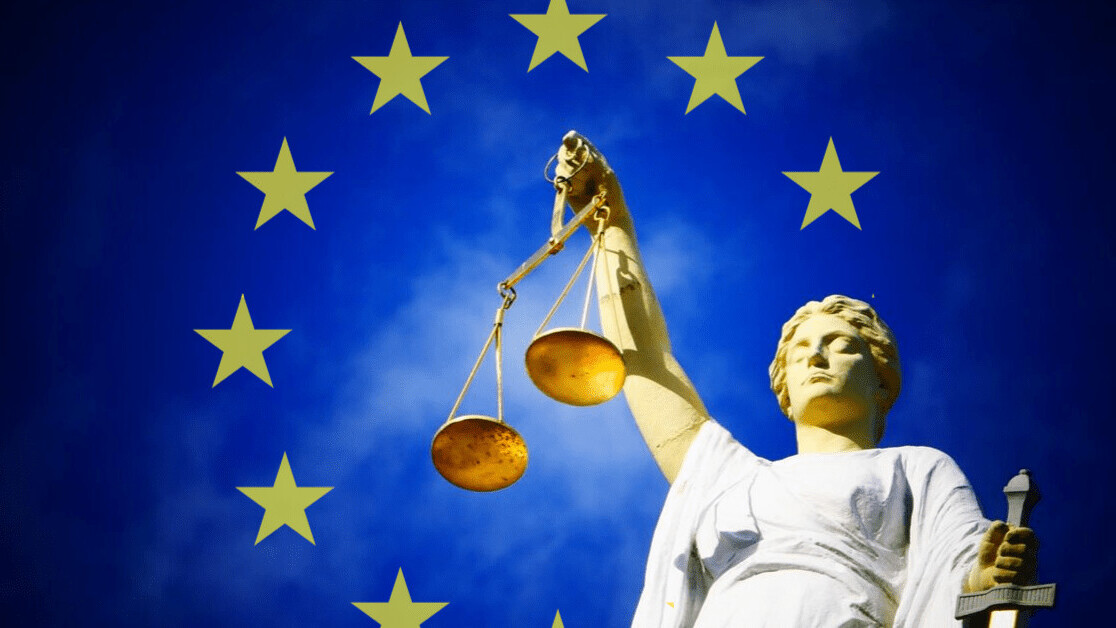
Europe’s top court, the CJEU, has ruled that Facebook must now remove any comments EU courts deem illegal worldwide (such as hate speech), making sure they’re completely removed from its platform, Reuters reports.
“EU law does not preclude a host provider like Facebook from being ordered to remove identical and, in certain circumstances, equivalent comments previously declared to be illegal,” the EU’s top court declared.
“In addition, EU law does not preclude such an injunction from producing effects worldwide, within the framework of the relevant international law.”
#ECJ : #EU law does not preclude a host provider such as #Facebook from being ordered to remove identical and, in certain circumstances, equivalent comments previously declared to be illegal https://t.co/BXuldkaxWx
— EU Court of Justice (@EUCourtPress) October 3, 2019
What does it mean?
Well, first of all, the CJEU has been busy when it comes to digital privacy as this is the third landmark ruling in just a few weeks. The court recently declared that pre-checked cookie consent boxes are illegal, which along with today’s ruling can be considered a big win for privacy.
But just a week earlier, the same court found that Google isn’t obliged to remove links that have reported under the ‘right to be forgotten’ globally, but only within Europe. So it’s still tough for the general citizen to tell where exactly EU’s hard privacy line is drawn.
Courts in the EU can now effectively ask Facebook to carry out proactive monitoring to get rid of duplicate defamatory posts that repeatedly pop up after a first order for removal
— Mehreen (@MehreenKhn) October 3, 2019
The ruling today is of course monumental for victims of hateful and illegal comments, as they neither have the overview or control to make sure they stay deleted after court rulings. But the courts decision could also have more far-reaching effects on Facebook’s role as a moderator.
Before the ruling was released, technology lawyer Philip James told Bloomberg that while the case focused on hateful content rather than copyright, it was part of a growing trend where courts tend to favor rights holders and victims of hate speech.
“There is a real likelihood therefore that Facebook may end up with a considerably greater burden to police its content than it currently has,” said James.
The flurry of big, monumental privacy rulings from the CJEU are still being processed by citizens and companies — Facebook, for example, has yet to respond to the latest news — but it does seem clear that regulatory agents have been given additional tools and clarifications of what they can do.
This could mean that GDPR’s massive fine of up to 4 percent of global revenue will become even more effective at scaring data handlers straight.
Get the TNW newsletter
Get the most important tech news in your inbox each week.





